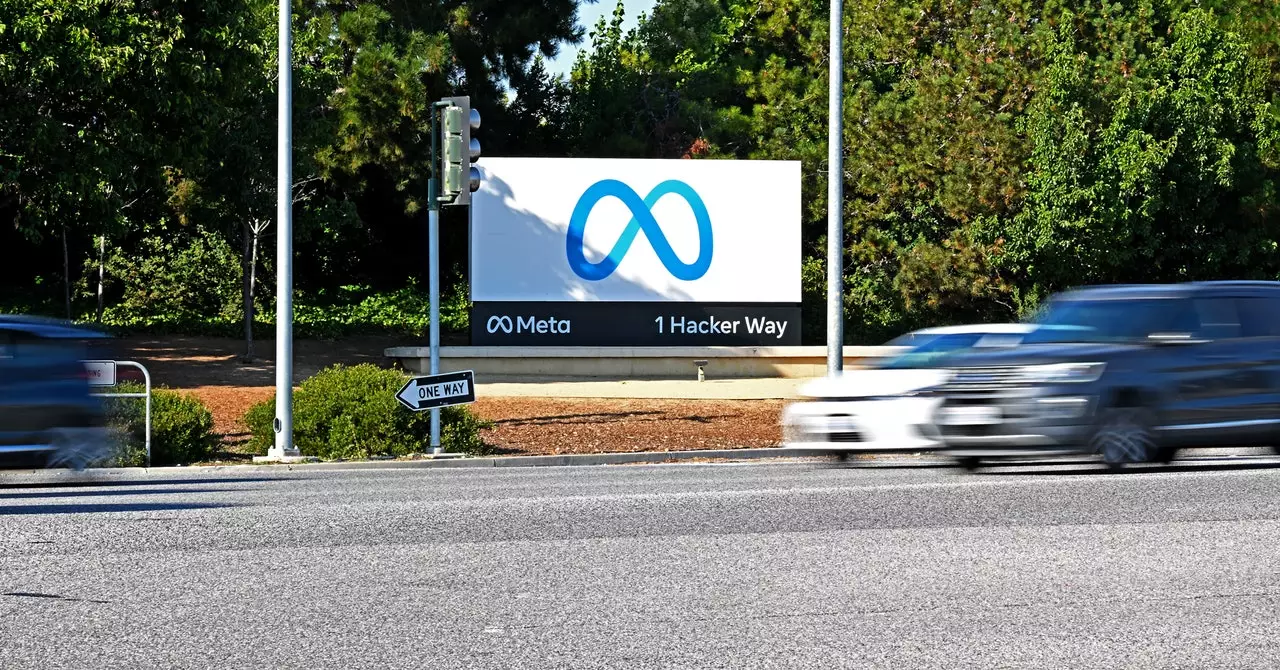In recent months, Meta Platforms, Inc. has made headlines not only for its strategic decision to relocate a portion of its workforce to Texas but also for its controversial policy shifts regarding free speech and diversity. This combination of actions has sparked intense scrutiny from both inside and outside the company. As the narrative unfolds, the implications of these moves raise vital questions about corporate responsibility, free speech, and the treatment of marginalized communities.
Meta’s decision to shift resources and personnel from California to Texas appears to be an effort aimed at enhancing its public image, particularly in the wake of ongoing tensions connected to political ideologies. Initially, moving employees across state lines may seem to encourage ideological shifts; however, psychological and sociological perspectives suggest that deeply-held beliefs are rarely reversed by mere geographic relocation. Many employees at Meta have expressed their discontent with this approach, viewing it as a superficial strategy to mitigate reputational damage linked to its governance and leadership decisions.
The leadership’s perspective reshapes the relocation narrative as one motivated by appeasement—specifically, a desire to align with the more conservative Texan political climate. This move coincides with ongoing litigation between Meta and former President Donald Trump, creating further tensions. Trump’s dissatisfaction following the suspension of his Facebook account in light of the January 6th Capitol riot showcases the entangled dynamics of corporate policy, free speech, and political affiliation.
Policy Shifts: A Breach of Commitment to Diversity?
The changes to Meta’s policies surrounding diversity, equity, and inclusion have alarmed many employees and advocacy groups alike. The recent cessation of initiatives designed to better represent historically marginalized communities sends a troubling message: that the company may be prioritizing a specific political narrative at the expense of its foundational values. By eliminating hiring targets for underrepresented groups, Meta risks alienating a demographic that has significantly contributed to its growth and innovation.
This is compounded by the recent shifts in moderation policies that seem to endorse a more permissive environment for harmful speech. The allowance of more inflammatory content—including criticisms based on gender and race—raises legitimate concerns about a potential surge in hate speech and discrimination on the platform. This not only jeopardizes user safety but also undermines the integrity Meta sought to build through prior commitments to prevent harassment and encourage constructive dialogue.
Internally, the reaction from employees has ranged from disappointment to outright resistance. During town hall meetings, dissenting voices have emerged, affirming a commitment to pushing for diverse hiring practices despite leadership’s rollback on these initiatives. Discontent among staff points to a disconnection between management’s objectives and the values held by a significant portion of the workforce.
Moreover, the decision to shrink fact-checking efforts and reduce the restriction on hate speech has generated alarm within the company and among civil rights organizations. Advocacy groups have formally expressed their concerns, highlighting the potential risks that unfiltered content poses to marginalized communities. The backlash indicates a broader cultural challenge for Meta as it navigates the complex landscape of user engagement, corporate ethics, and public responsibility.
As Meta prepares to forge a new identity in Texas and revamp its policy framework, it finds itself at a pivotal crossroads. The dual challenges of maintaining a balanced platform for free expression while honoring commitments to diversity and inclusion are inherently fraught with tension. The increasingly vocal dissent from employees and stakeholders presents a strong counter-narrative to the company’s strategic shifts.
Moving forward, Meta must evaluate whether its current trajectory aligns with societal expectations and the foundational principles that foster innovation, collaboration, and respect. The true test of Meta’s leadership will be navigating these multifaceted challenges while working to restore trust within its workforce and the broader community. Only by genuinely addressing these concerns can Meta aspire to emerge from this tumultuous period not only as a leader in technology but also as a responsible corporate citizen.

